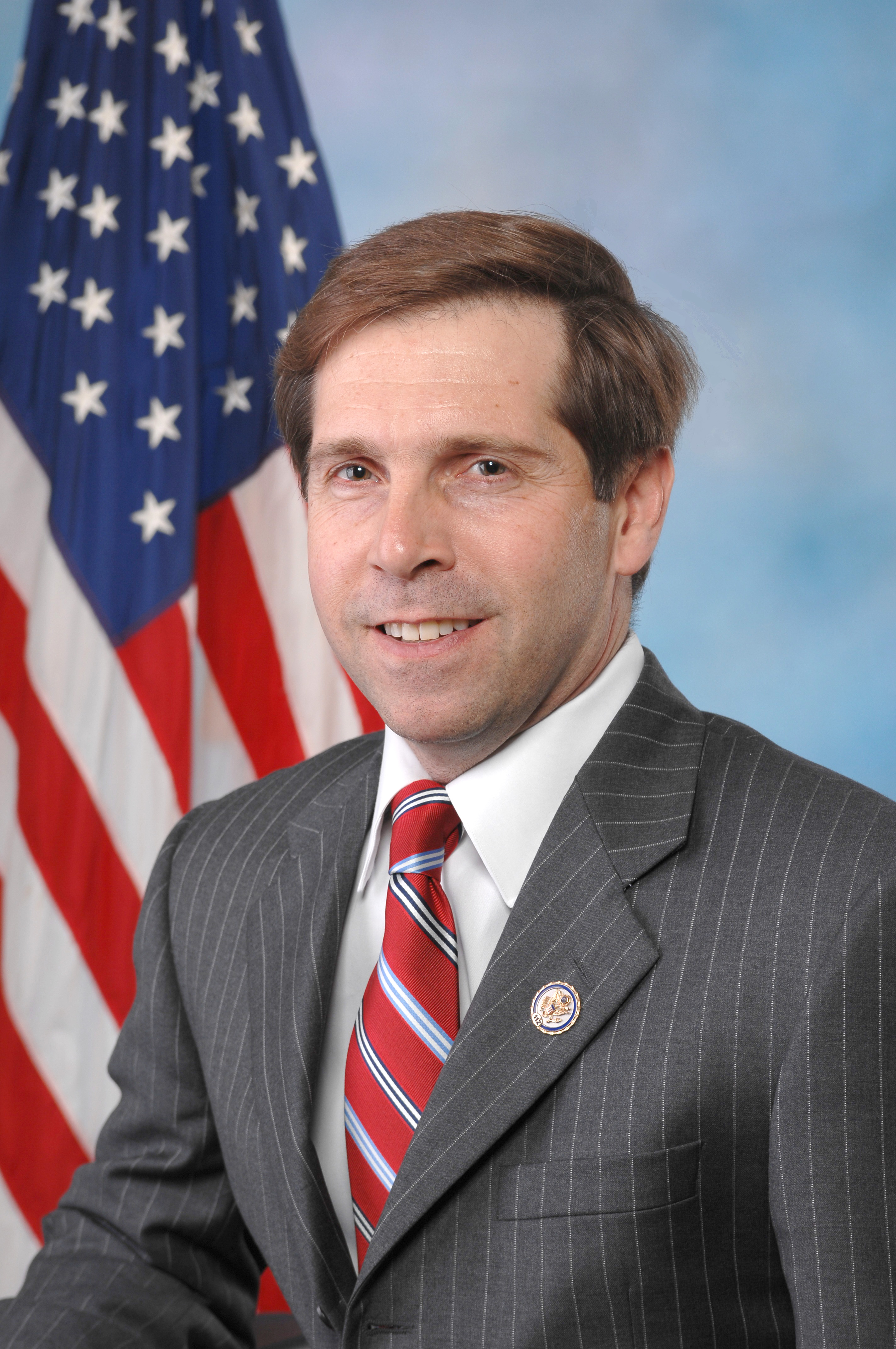State of the Union had plenty of rhetoric, not much reality
Friday, January 1, 1904
President Barack Obama, fresh off being elected to a second term, had a great opportunity to bring the country together with last week's State of the Union. Unfortunately, the fifth rendition of this constitutionally mandated speech felt a lot like his first four. Once again it was full of soaring rhetoric but exceedingly short on reality. While the mainstream media has spent the days since gushing over the president's liberal agenda, I think it's a prudent exercise to examine the rhetoric versus the reality.
Rhetoric: "Let me repeat -- nothing I'm proposing tonight should increase our deficit by a single dime."
Reality: We've heard this line before. In September of 2009 Obama said "I will not sign a plan that adds one dime to our deficit." It's a line he's used frequently throughout his presidency. However, since Obama has been in office, our deficit has increased by 58.6 trillion dimes.
Rhetoric: "Already, the Affordable Care Act is helping to slow the growth of health care costs."
Reality: According to a recent report from the nonpartisan Congressional Budget Office, Obamacare is expected to cost the federal government $1.165 trillion over the next decade and will push seven million Americans off of their job-based insurance coverage.
Rhetoric: "After years of talking about it, we are finally poised to control our own energy future."
Reality: President Obama rejected and personally lobbied against the Keystone pipeline, a shovel-ready project that would support the creation of at least 20,000 new American jobs and potentially 100,000 more indirect jobs. Not to mention his actions have placed some of the most promising shallow water resources in the world off-limits and pushed domestic oil development into a smaller fraction of the Gulf of Mexico and into deeper water.
Rhetoric: "Let's set party interests aside, and work to pass a budget that replaces reckless cuts with smart savings and wise investments in our future."
Reality: President Obama still hasn't submitted his constitutionally required budget for the upcoming fiscal year. It was due February 4th. He's been late four of his five years though, so that should come as no surprise. When he finally did submit his budget last year, it didn't even earn a single vote in the Democrat-controlled Senate.
Rhetoric: "In 2011, Congress passed a law saying that if both parties couldn't agree on a plan to reach our deficit goal, about a trillion dollars worth of budget cuts would automatically go into effect this year. ... That's why Democrats, Republicans, business leaders and economists have already said that these cuts, known here in Washington as 'the sequester,' are a really bad idea."
Reality: I completely agree that the sequester is a bad idea. That is precisely why I voted against it and have supported two plans that would replace it with responsible cuts that prioritize spending. This is exactly what is supposed to be done when budgeting. The President failed to mention that as recently as November he said he would veto any effort to get rid of the sequester. In fact, the sequester was originally proposed by his team.
Rhetoric: "We are more than halfway towards the goal of $4 trillion in deficit reduction that economists say we need to stabilize our finances."
Reality: President Obama, in a 2009 speech to a joint session of Congress, promised he would cut the deficit in half by the end of his first term. Following that declaration he oversaw four straight years of trillion-dollar deficits.
It's going to take more than rhetoric to dig our nation out of this financial hole. I originally ran for Congress in part because I am an optimist. I believe in the will of our nation and will continue to fight for real solutions. It won't be easy, we will have to make tough decisions but if it's done our best days are ahead of us.
Chuck Fleischmann, a Republican from Ooltewah, represents Tennessee's 3rd District in the United States House of Representatives.

